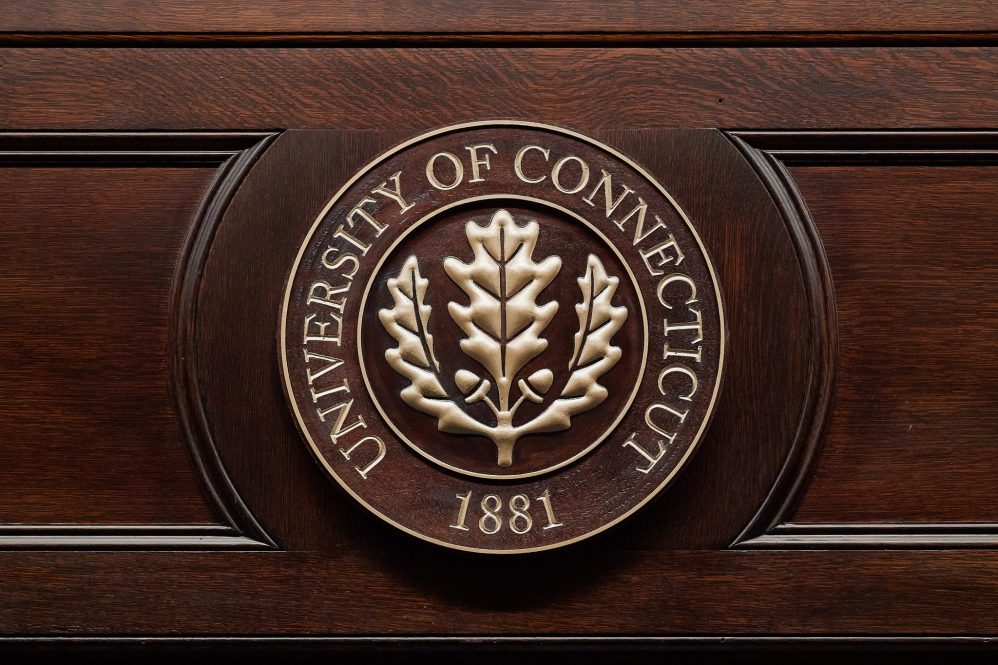UPDATED FEBRUARY 11, 2026
Q: What should faculty, staff, or student workers do if they are approached or contacted by federal immigration authorities?
A: Be polite and professional. Ask for appropriate identification if not easily recognizable. Immediately notify UConn Police at 860-486-4800.
Q: What if authorities contact me seeking student information?
A: Remember that the federal student privacy law, known as FERPA, applies. In light of that, don’t share personal student information including class schedules until you receive confirmation from the police.
Q: Which campus locations are accessible to federal authorities?
A: Federal law enforcement authorities may access any area of campus if they have a judicial warrant, meaning a warrant signed by a judge, authorizing them to do so. Otherwise, they may access areas of campus that are considered public, and parts of campus that are not considered public if they are provided with consent to do so by an authorized campus official or, if a dwelling, the resident. An administrative warrant, which is distinct from a judicial warrant, would not give authorities the ability to access non-public areas of campus without consent.
Q: What spaces on UConn’s campuses are considered public and what are not considered public?
A: As a public university, most of our campus spaces are considered public. However, there are exceptions to this, including: residence halls, faculty and staff offices, clinical care spaces, and other spaces that are locked when not in use or can only be accessed using a key card. It is virtually impossible to definitively designate every space on UConn’s campuses as public vs. not public as it would depend on a number of factors. Fortunately, faculty, staff, and students do not have to make this determination themselves, or try to decipher what is a judicial warrant versus an administrative warrant, or decide on the spot whether or not to release information – this is why anyone who may encounter federal authorities, including faculty teaching in a classroom, should contact UConn Police.



